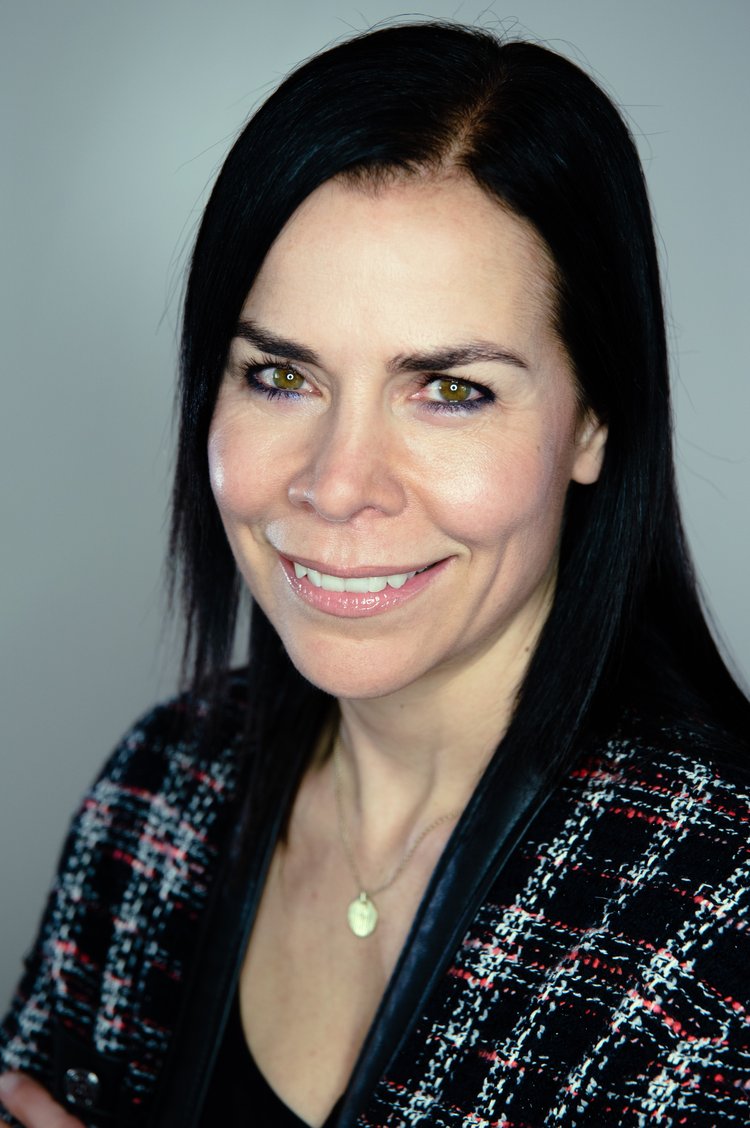Following up on an investigation into burnout amongst Salesforce professionals published last year, Mason Frank International, a Tenth Revolution Group company, has gathered new data on burnout specifically amongst women in cloud tech roles across the spectrum of ecosystems.
The survey found that 46% of women have experienced burnout in their current role in the last twelve months. Of those surveyed, 7% said they weren’t sure whether they’d experienced burnout, suggesting that there needs to be an increased awareness of burnout and its symptoms.
Burnout remains a critical topic in tech. Marked, according to Psychology Today, by the three key dimensions of chronic exhaustion, chronic cynicism, and inefficacy, burnout is a physical, psychological, and emotional experience that has become increasingly prevalent in recent years – as well as better understood.

Speaking about the findings, Zoe Morris, Mason Frank President said, “Burnout really became an undeniable major subject last year, and it continues to be something we have to address for tech workers in all industries.”
“Burnout is bad for any business of course with its impact on productivity, but it’s more fundamentally a question of culture, care, and wellbeing.”
“Seeing that 46% of female tech professionals have experienced burnout in the last year should give us all cause for concern. I suspect the 7% who selected ‘not sure’ may have also experienced some degree of burnout, too.”
“The respondents who chose to share the impact burnout has had on them detailed outcomes that ranged from poor project results and having to take sick leave to leaving their company entirely and further health complications. Of those who discussed overcoming burnout, many noted the importance of reasonable workloads and well-resourced teams, as well as being able to speak openly with colleagues and supervisors.“
“The physical and psychological effects of are serious and it’s vital that we work to support women who have or are presently experiencing it, alongside working towards preventing it from happening at all.
“We need to work to ensure that workloads are manageable and that company cultures allow for clear and ongoing communication – with a real emphasis on not stigmatising anyone’s workplace needs.”
“Burnout doesn’t occur in a vacuum so we have to avoid seeing it only in terms of individual experience.”
“And in the context of the digital skills gap, we have to prioritise cultivating healthy, sustainable workplaces in which women can thrive.”
“Addressing and preventing burnout absolutely has to be a priority within that.”







